Drainage Field Installation
Complete peace of mind knowing your Drainage is installed correctly and efficiently. All in accordance with the latest binding rules and building control compliance. Contact us for all you drainage field installation needs in Yorkshire.
Don’t forget to check the FAQ’s at the bottom on this page!
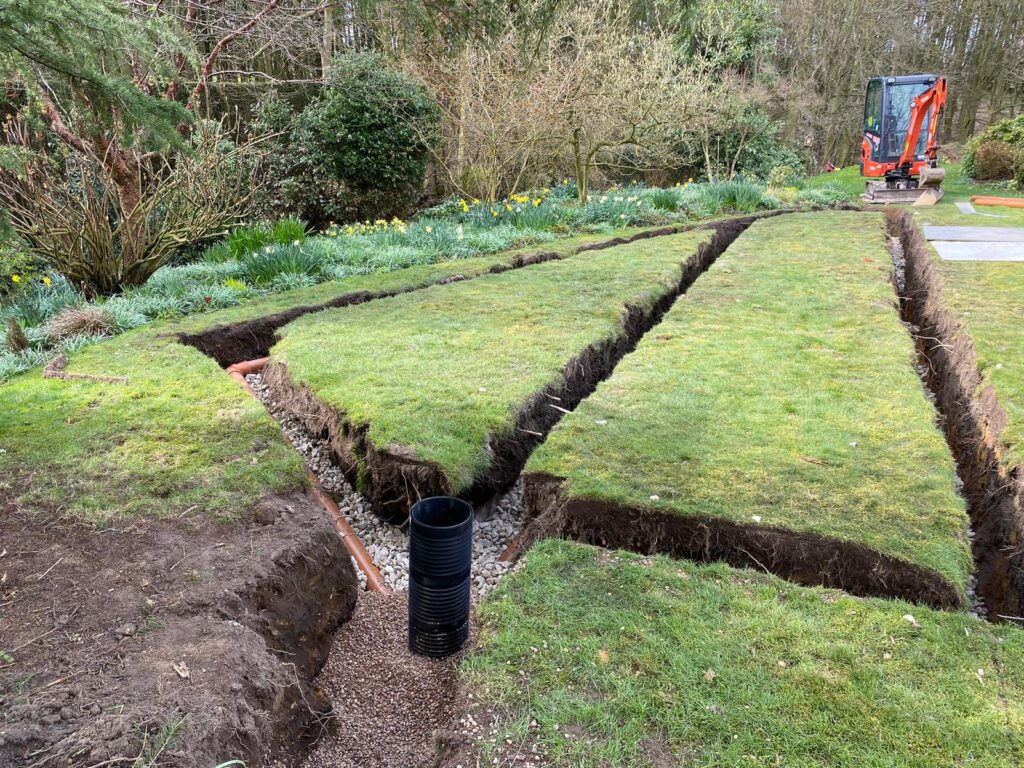
Drainage Field Installation
The installation of a Drainage Field is a very specialised piece of Ground works, this involves Percolation Testing, Binding Rules checks & Part H Building Regulations to achieve a successful install. Yorkshire Septics ltd offer drainage filed installation in Yorkshire and the rest of the Yorkshire area.
Drainage Fields are typically used for the Treatment and Distribution of the liquid effluent from a Septic Tank. Although Drainage Fields are now becoming common among Sewage Treatment Plant owners also, as it offers a reduction in the amount of space required to install the Drainage field.
To get your new Drainage Field installed give us a Call, Email or fill in the enquiry form below to get the ball rolling. It’s quick and easy!
Email: bookings@yorkshireseptics.co.uk

Percolation Testing
Book In A Percolation Test
Step 1 - Pre-Construction
Before a Drainage Field Installation can begin we will need to carry out a Percolation Test. Depending on your current Drainage System this stage can also include various checks against “the binding rules” and Building Regulations and in some instances require a Drainage Survey.
Step 2 - Construction Phase
Once the pre-construction phase has gathered all the information required to construct the Drainage Field we will provide you with a start date. On average an installation takes 5- 10 working days including any Landscaping which may have been disturbed during the installation.
Step 3 - Completion
Upon completion of the Drainage Field our Construction Manager will visit site to sign off the work as complete. Finally the Building Control Certificates are issued for the installation.
Online Enquiries
Email: bookings@yorkshireseptics.co.uk
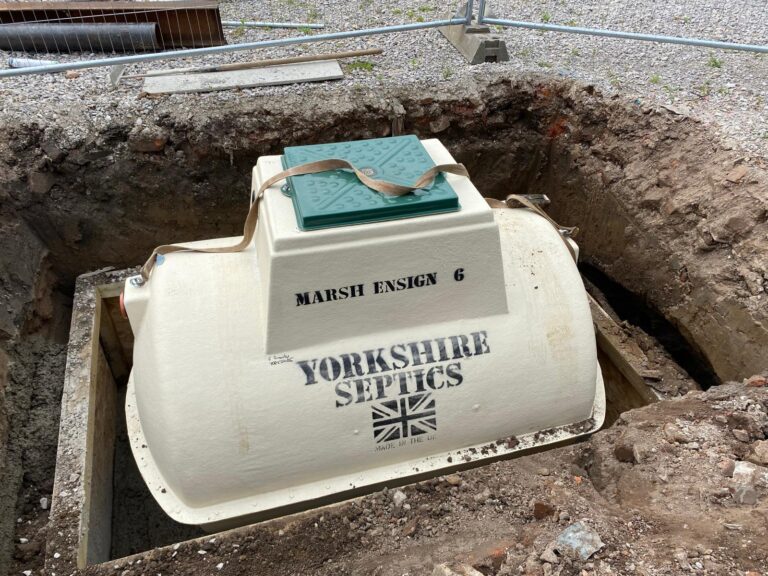
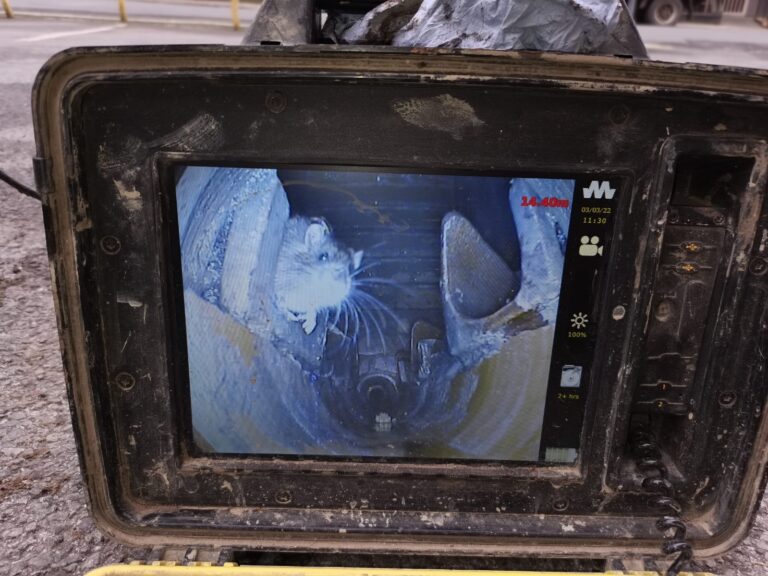
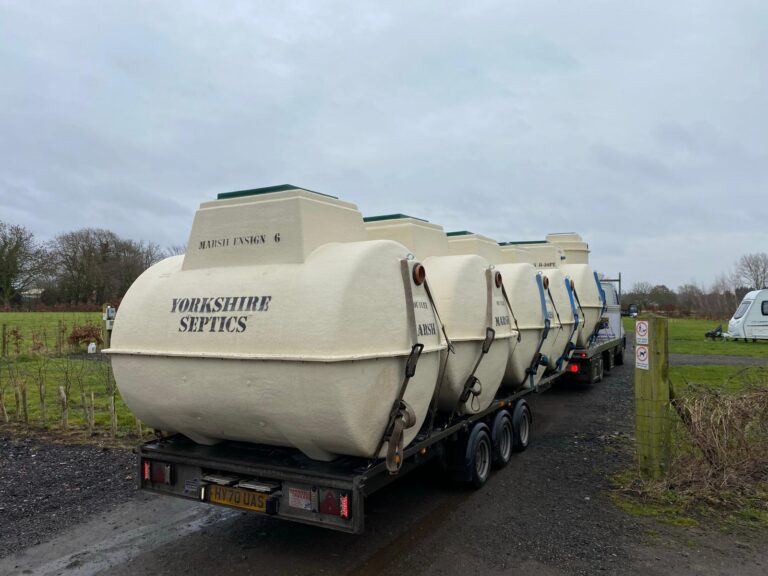
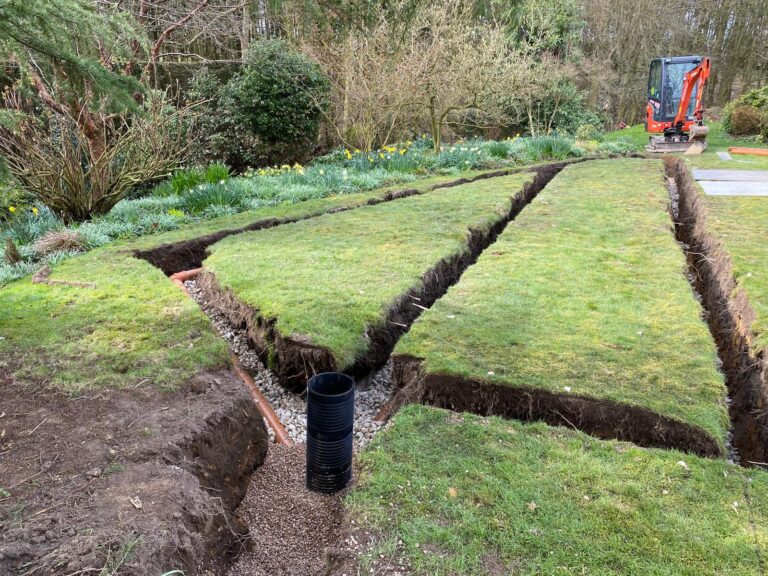
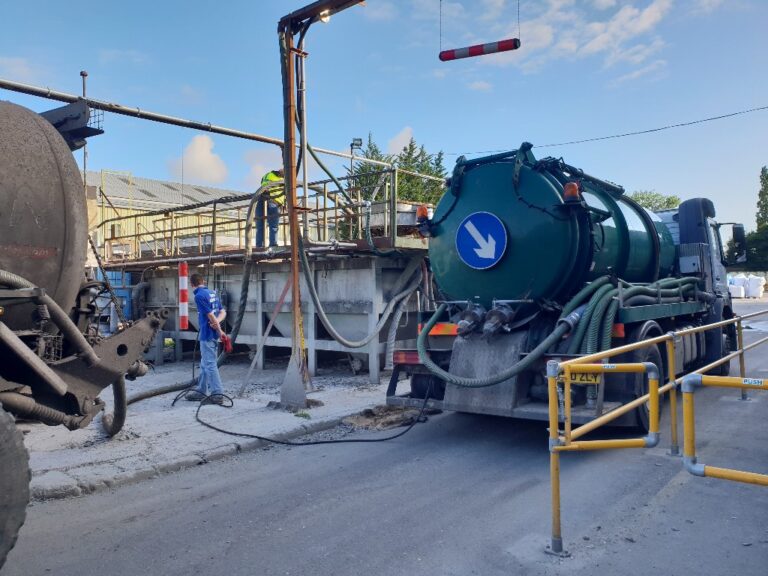
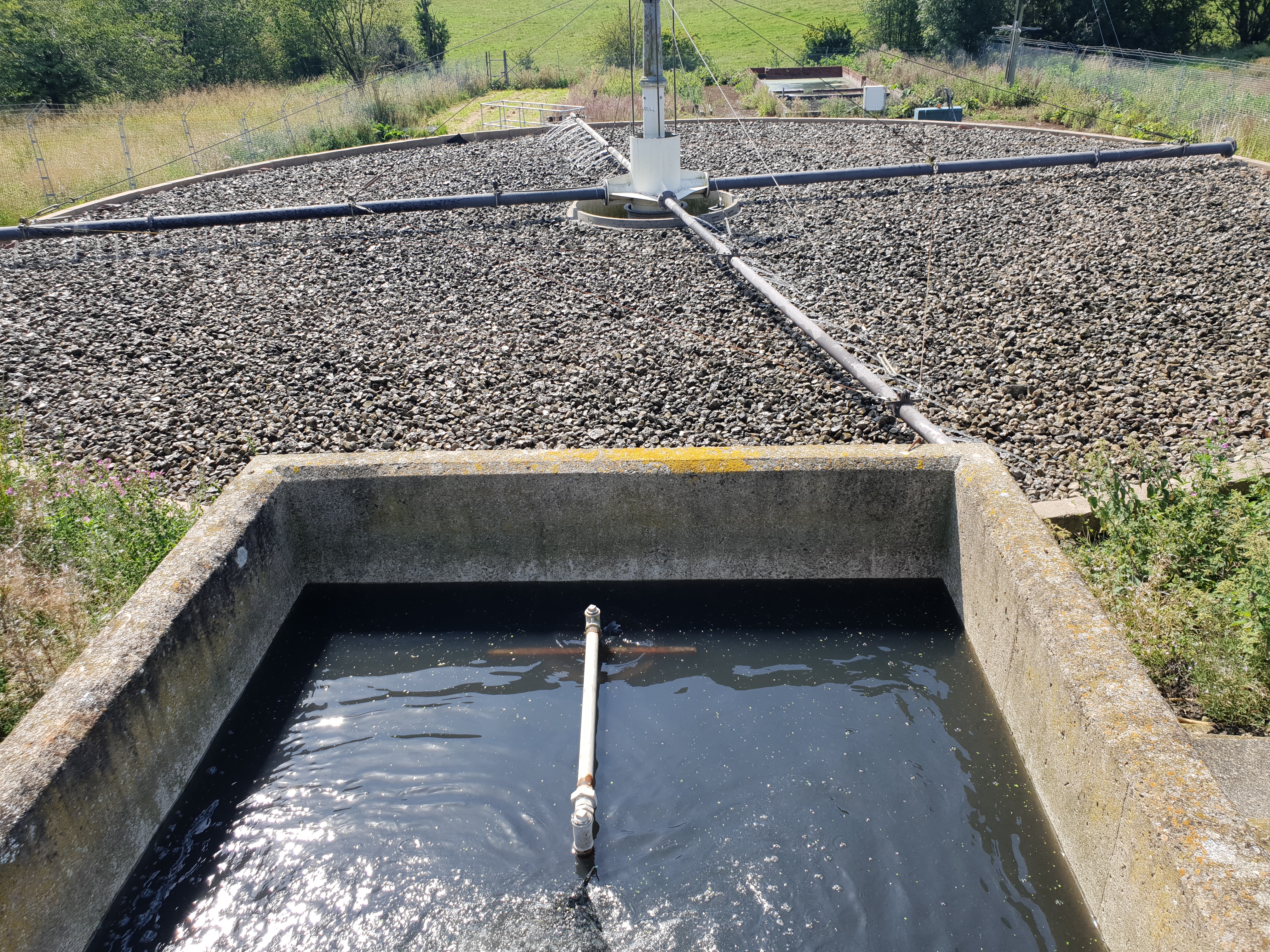
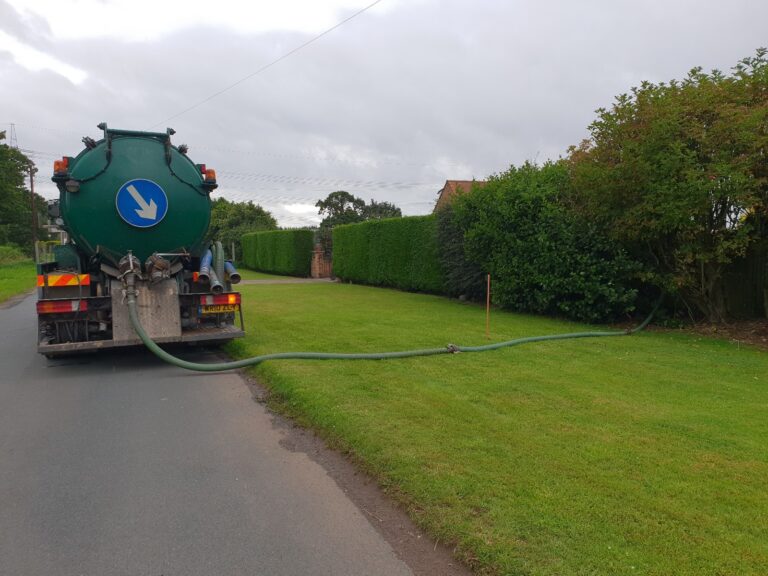
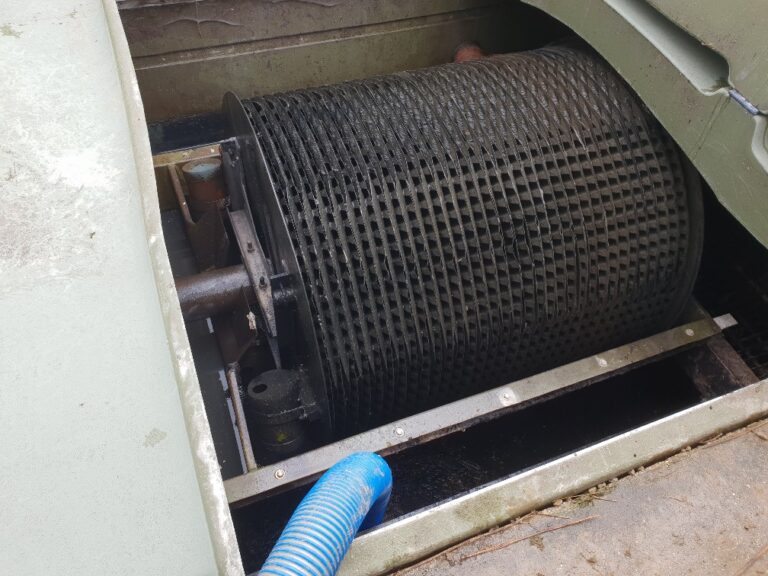
Frequently Asked Questions
What is the life expectancy of a Drainage Field?
A typical life expectancy of a Drainage Field is anywhere between 10 – 30 Years. This is highly dependant on how much use the system gets and the ground conditions the Drainage Field is installed in.
I don't have room in my garden for a new Drainage Field, what do I do?
There are a few different options available, these include Drainage Mounds, Surface Water Connections & Sewage Treatment Plant Installation. Give us a call to arrange a Site Visit.
Is my system compliant with the latest binding rules?
This question gets asked all the time, the problem is without a Compliance Survey being carried out we really can’t say for certain. The new rules are all to do with ensuring that your Drainage Network is not polluting the environment, many people and companies are getting these new rules confused with building control! there is a lot of incorrect information out there regarding old Septic Tanks and the belief that they all need upgrading to a Waste Treatment Plant, This is not the case. The rules for a private Domestic Sewage Networks is where we specialise. If you think your system is in breach of “the Binding Rules” or if your moving home click onto our Compliance Survey page or Home Movers Page to learn more.
What happens if I don't get my Septic Tank emptied?
The short answer is whichever system you have will ultimately breakdown and emptying charges can see dramatic increases if the waste can not be removed and disposed of in the normal manner. Failure to empty a Septic Tank or Waste Treatment Plant regularly causes an excess build up of solids in the Tank, for systems connected to Drainage Fields if the solids enter the outlet they will cause a complete backup of your system which can only normally be repaired with a replacement Drainage field installation! For Sewage Treatment Plants please think of the Environment that we all share, Sewage Treatment Plants that don’t get Emptied and Serviced on a regular basis have additional problems and breakdown much faster than their Septic Tank counterparts due to the mechanical components inside of them. Also they are also more likely to cause pollution as they are usually directly connected to our water courses. It can be easy to miss a breakdown on these so please check them regularly, if you need advice with this please let us know.
